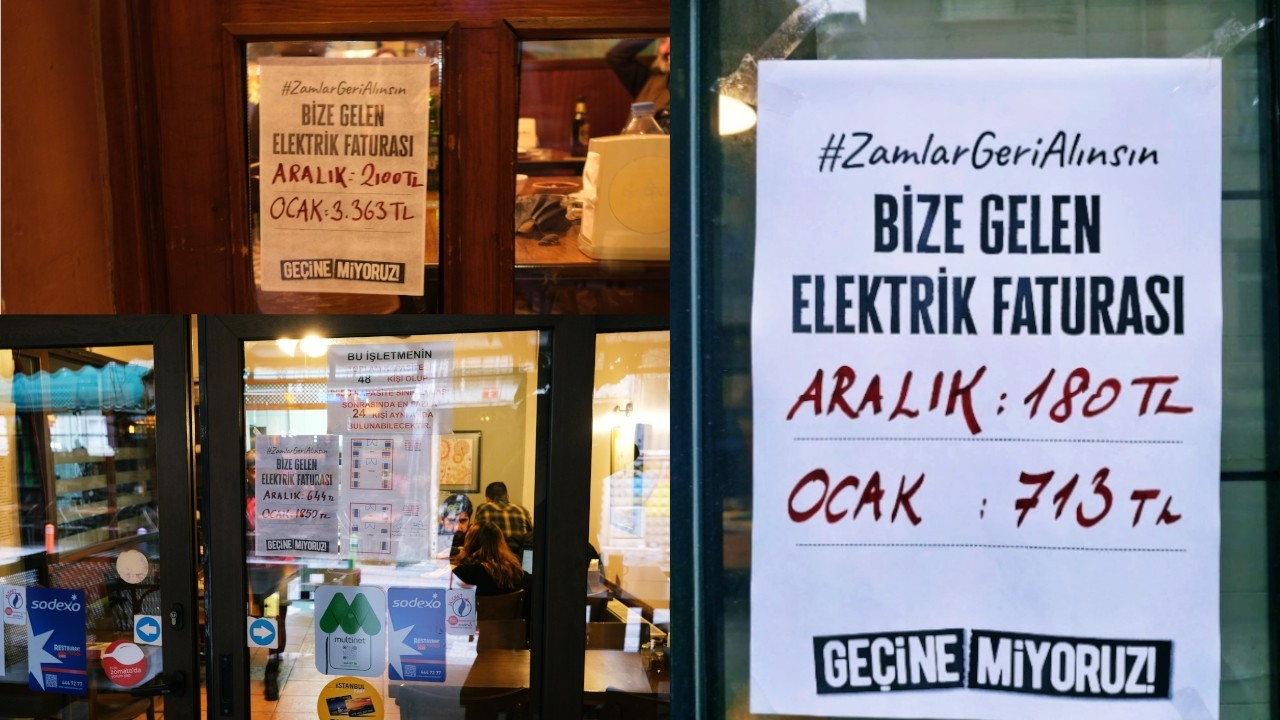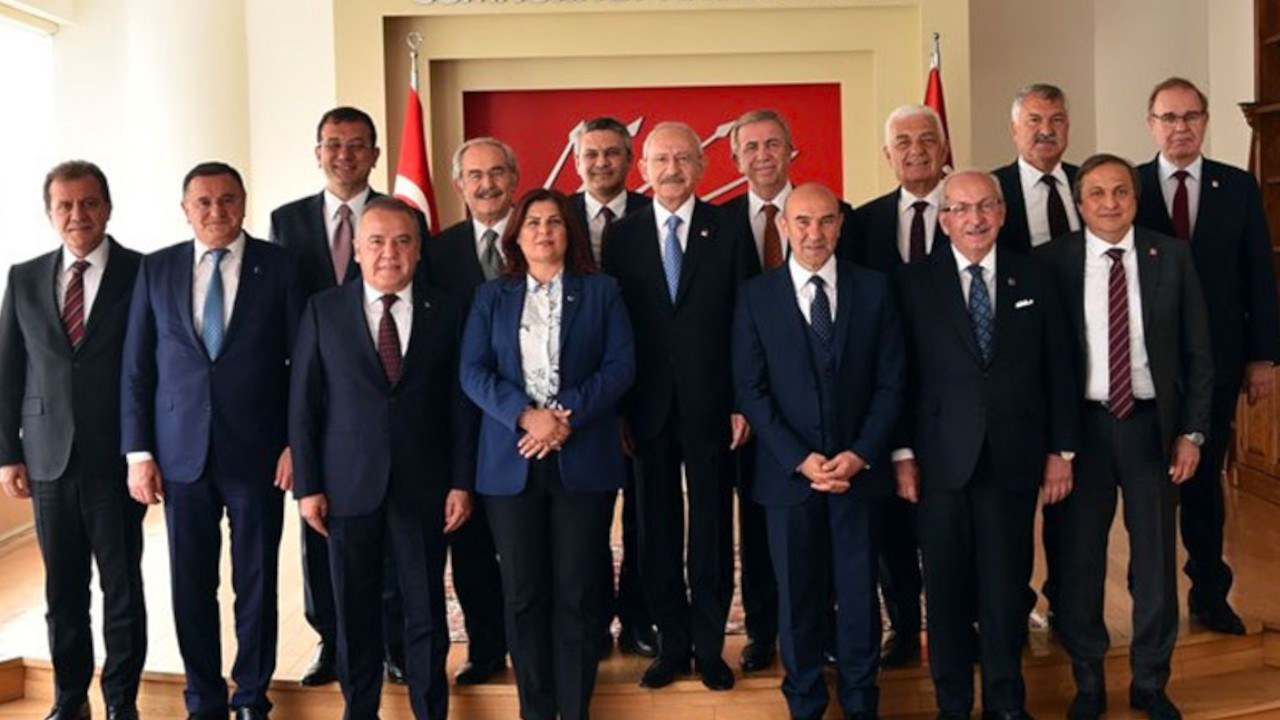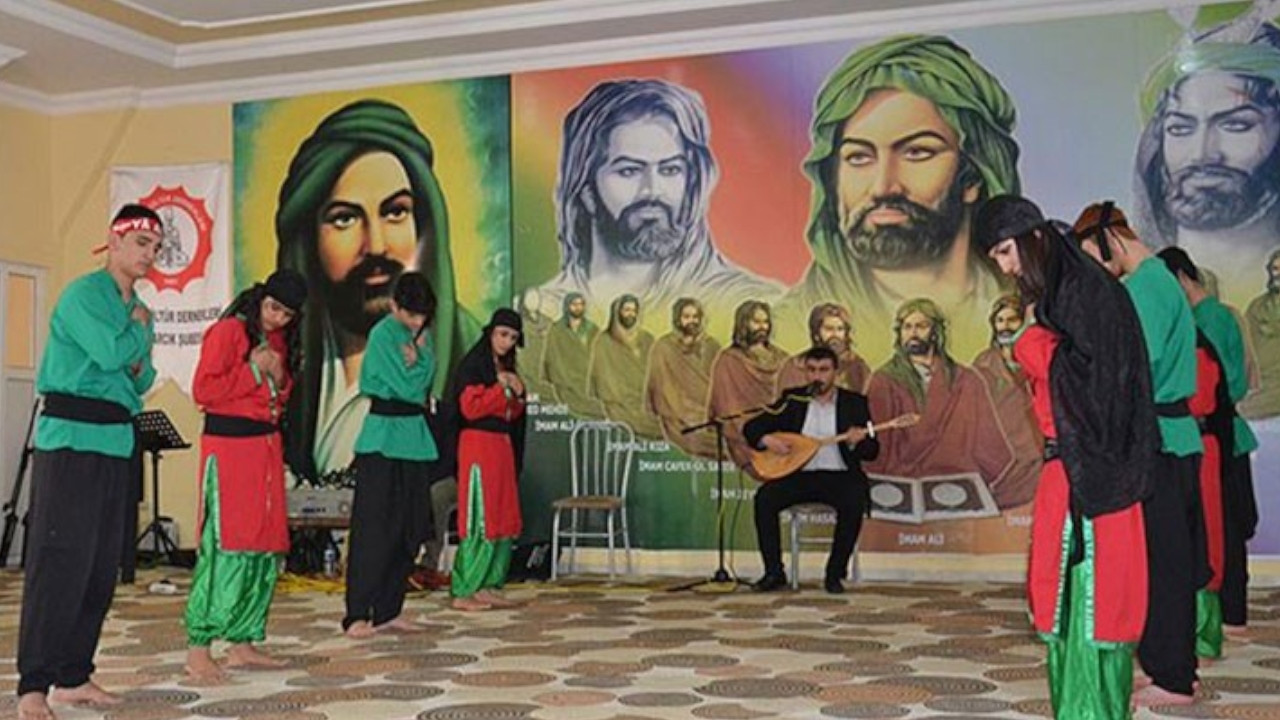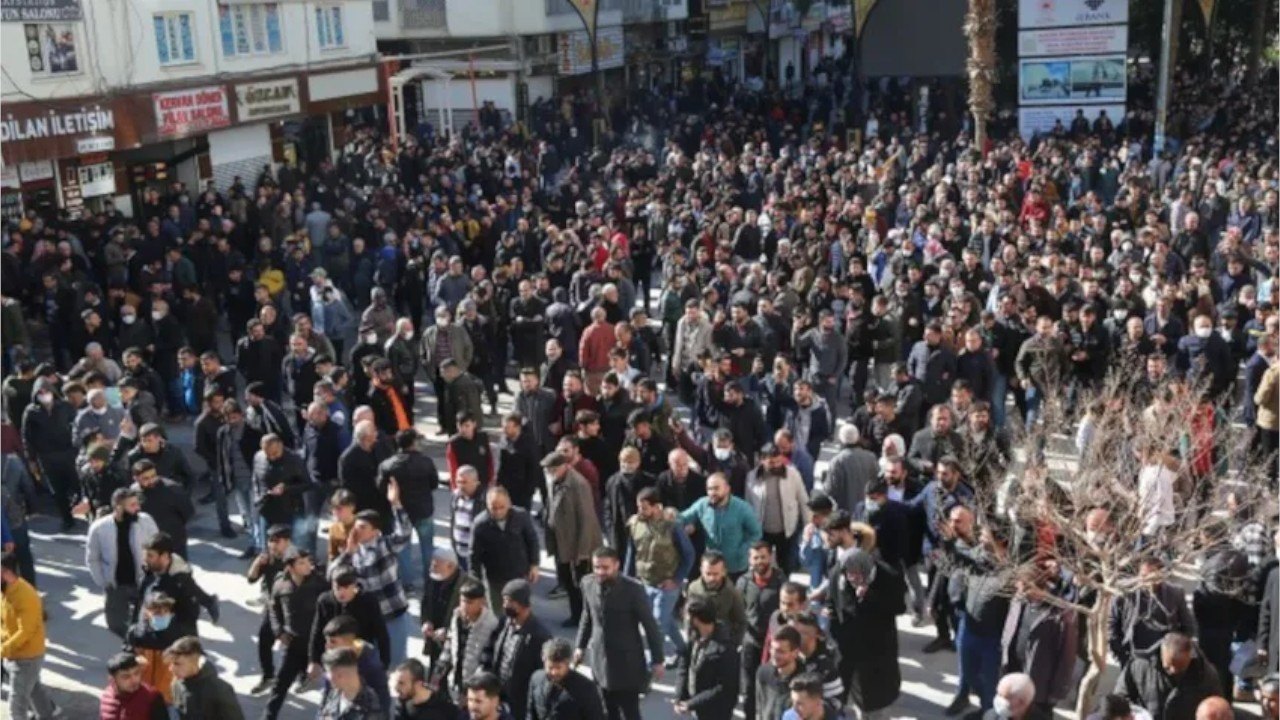Turkish main opposition head refuses to pay electricity bill in protest
Turkish main opposition CHP leader Kemal Kılıçdaroğlu has said that he will not pay any of his electricity bills until the government withdraws the recent price hikes. In several cities across Turkey, citizens have been protesting the massive electricity price hikes, with shopkeepers posting their bills on windows.
Reuters - Duvar English
Main opposition Republican People's Party (CHP) leader Kemal Kılıçdaroğlu said late on Feb. 9 he will not pay his electricity bills until President Recep Tayyip Erdoğan withdraws recent price increases, as signs of discontent over surging inflation emerged across the country.
"I will not pay any of my electricity bills from today until Erdoğan withdraws the price hikes which he signed on December 31," Kılıçdaroğlu said in a video released on his Twitter account.
Kılıçdaroğlu also called for a reduction in the value-added tax imposed on power bills to 1% from 18%.
Neden elektrik faturalarınız şişirildi?
— Kemal Kılıçdaroğlu (@kilicdarogluk) February 9, 2022
Bir dilim kuru ekmeğinize kim göz dikti?
Bu zulme ancak birlikte son verdirebiliriz. Buyurun bu ibret tablosunu konuşalım… pic.twitter.com/N3ziJef1VQ
Kılıçdaroğlu called on citizens to post their electricity bills along with their bank account numbers (IBAN) on Twitter by mentioning Erdoğan under the hashtag of #Sırasende (It is your turn).
Following Kılıçdaroğlu's remarks, the hasthtags of #faturamıödemiyorum (I am not paying my bill), #SıraSende (It is your turn) and #IBAN went trending on Twitter.
Electricity prices were raised by as much as 125% for high-demand commercial users and by around 50% for lower-demand households at the beginning of January.
Kılıçdaroğlu's announcement came after shopkeepers, city councils and a religious community group spoke out this week about the rising energy bills.
Some restaurant owners posted notices on windows highlighting ballooning electricity bills, social media posts showed, while Turkey's Alevi religious minority decided not to pay power bills for their places of worship, known as cemevis.
In the capital Ankara, CHP members set their power bills on fire in city centre. In a written statement, CHP said some households' power bills were as high as their rent.
In the southeastern province of Diyarbakır, dozens of shopkeepers flocked to the streets after work to protest the surge in power bills.
"We want local administrators and bureaucrats to hear us. We want them to respond to our pleas and find a solution to this before receiving the next bill," a shopkeeper, Heybet Icen said.
Earlier this week, Presidential Spokesman İbrahim Kalın said a new measure regarding power bills would be announced "very soon."
In January, inflation jumped to nearly 50% after a currency crash late last year triggered by Erdogğan's unorthodox low interest rate policy, raising the cost of living for Turks already struggling to make ends meet.
In response, the government has raised the minimum wage by 50% but also increased the prices of gas, power, petrol and road tolls to account for import price volatility.
The record currency depreciation and soaring prices have hit Erdoğan's opinion poll ratings ahead of elections set for no later than June 2023. The government says credit, exports and investment will help the country weather inflation.

 Turkish shopkeepers post exorbitant electricity bills in windows in protestDomestic
Turkish shopkeepers post exorbitant electricity bills in windows in protestDomestic Turkish opposition mayors say the financial burden on municipalities is 'no longer bearable'Economy
Turkish opposition mayors say the financial burden on municipalities is 'no longer bearable'Economy Alevi houses of worship demand equal rights, say they will not pay electricity billsHuman Rights
Alevi houses of worship demand equal rights, say they will not pay electricity billsHuman Rights Demonstrations in protest of massive electricity price hikes spread around TurkeyDomestic
Demonstrations in protest of massive electricity price hikes spread around TurkeyDomestic